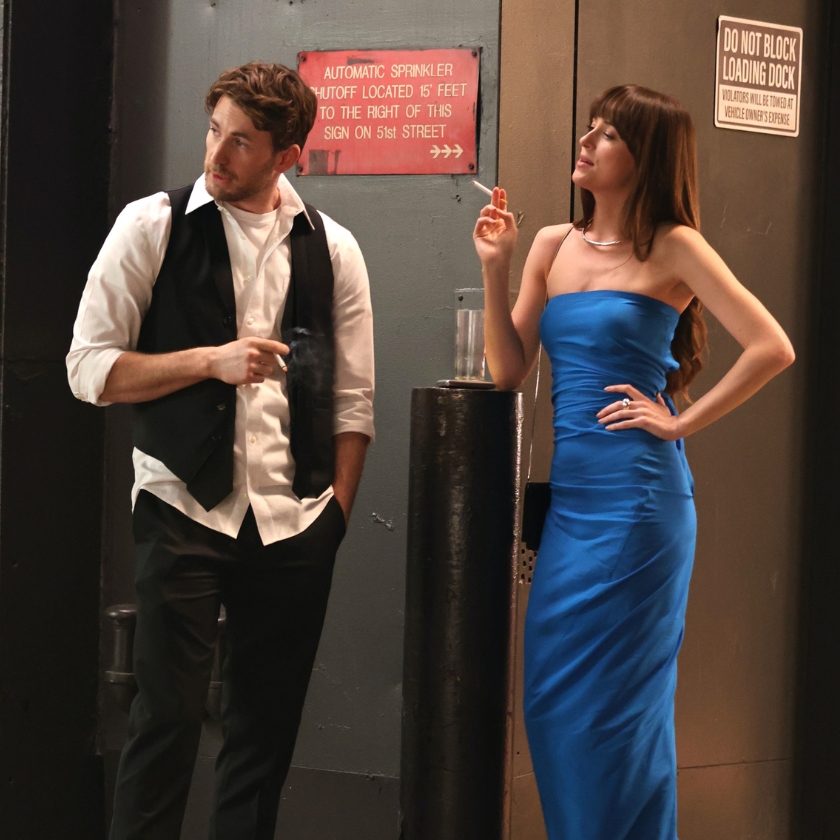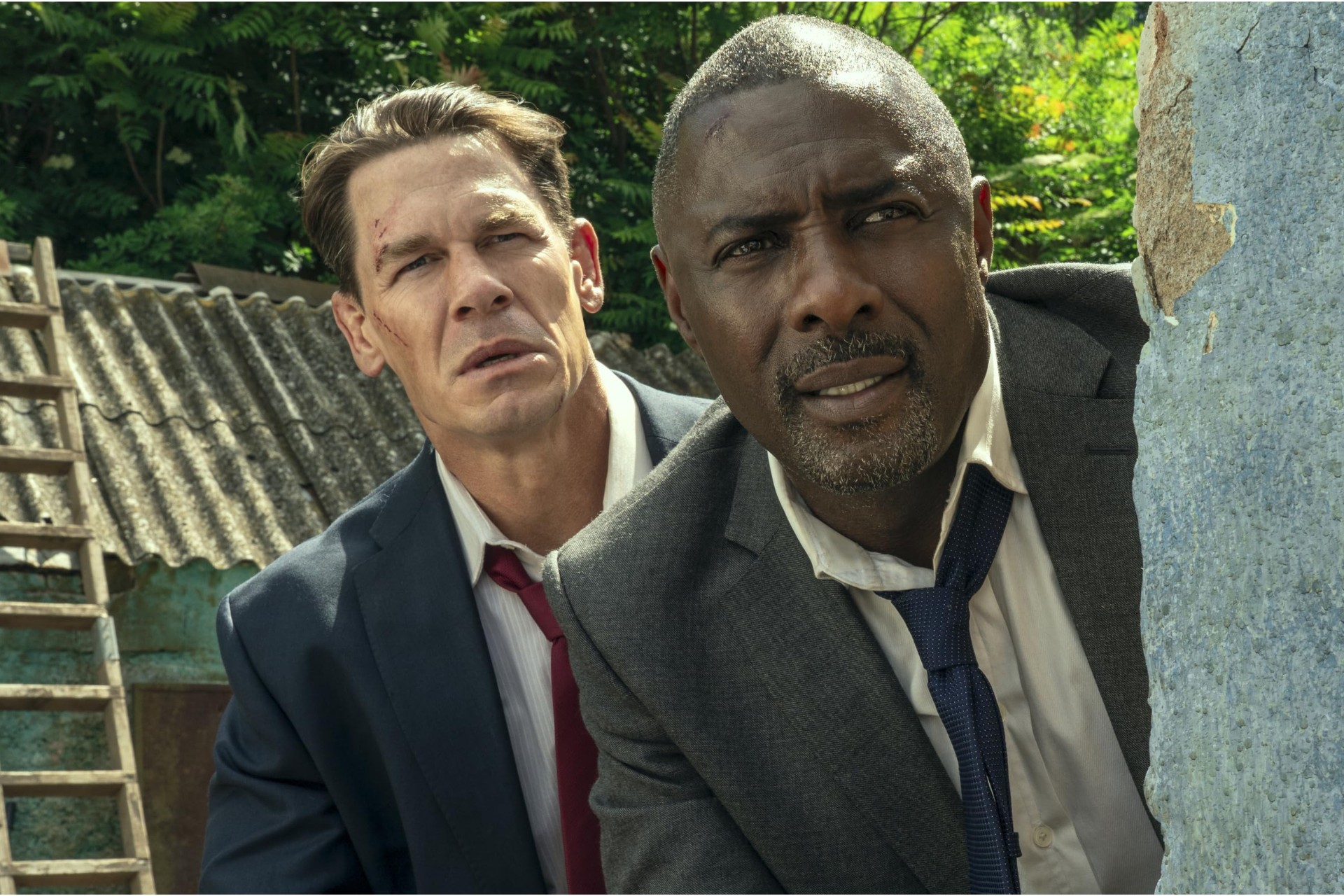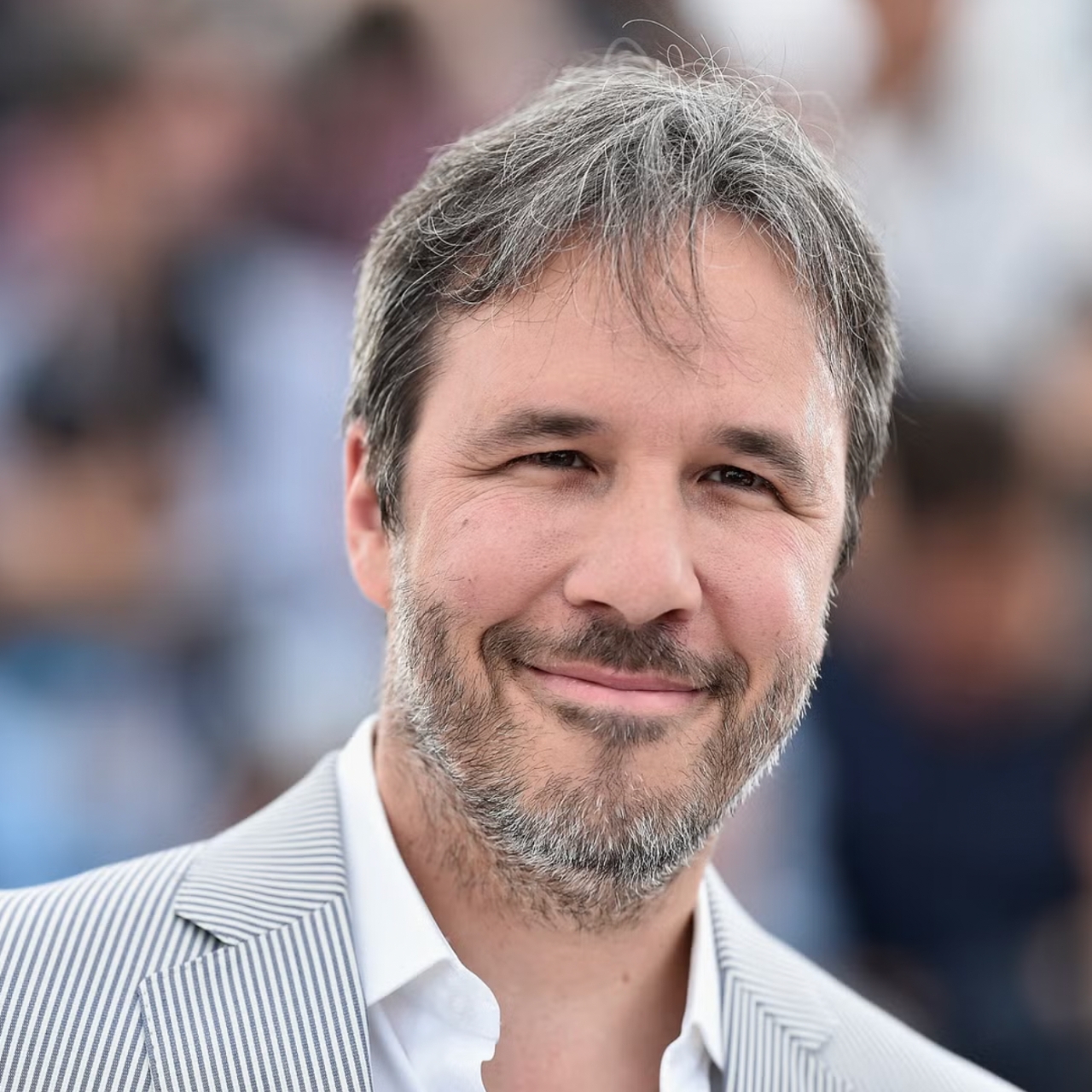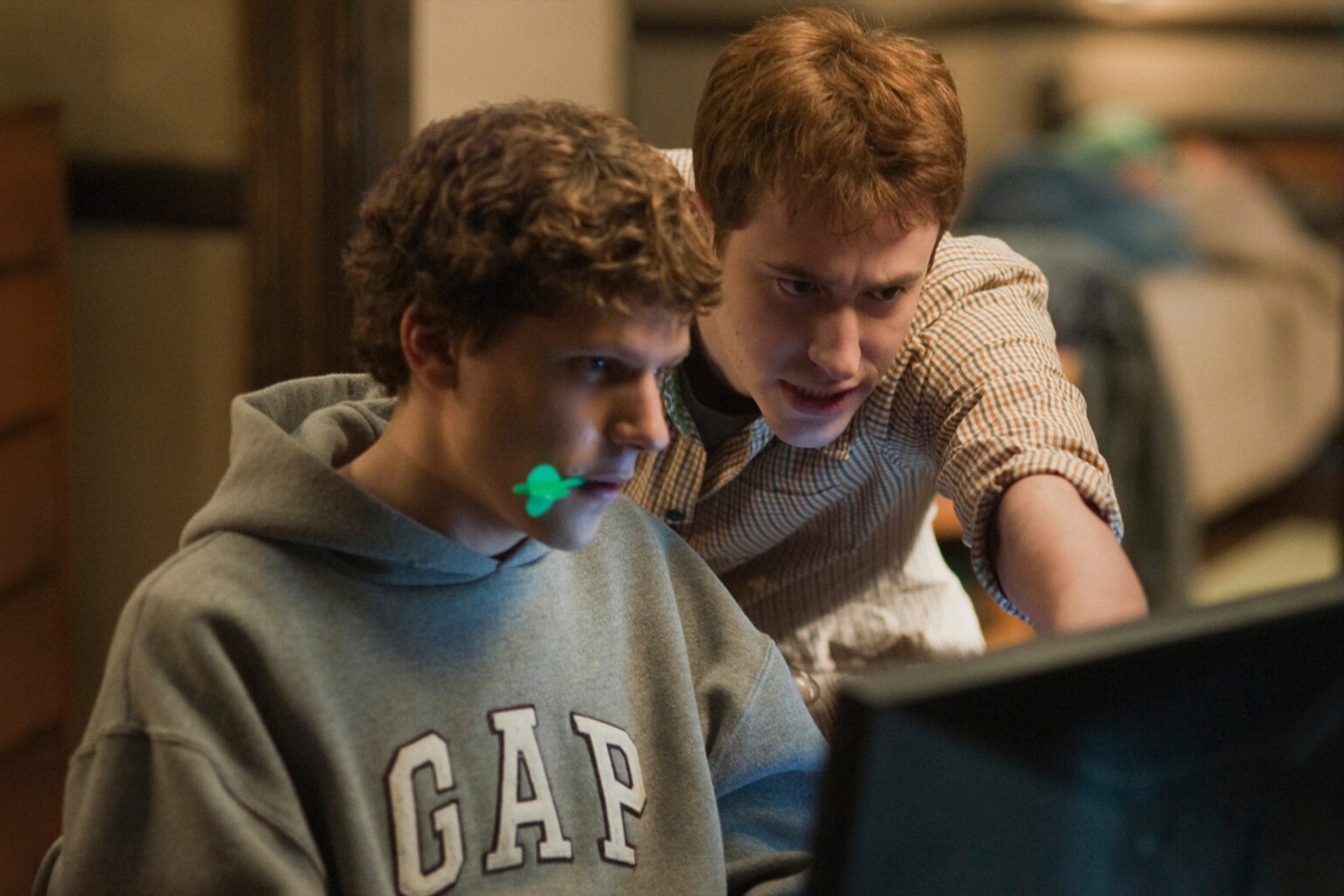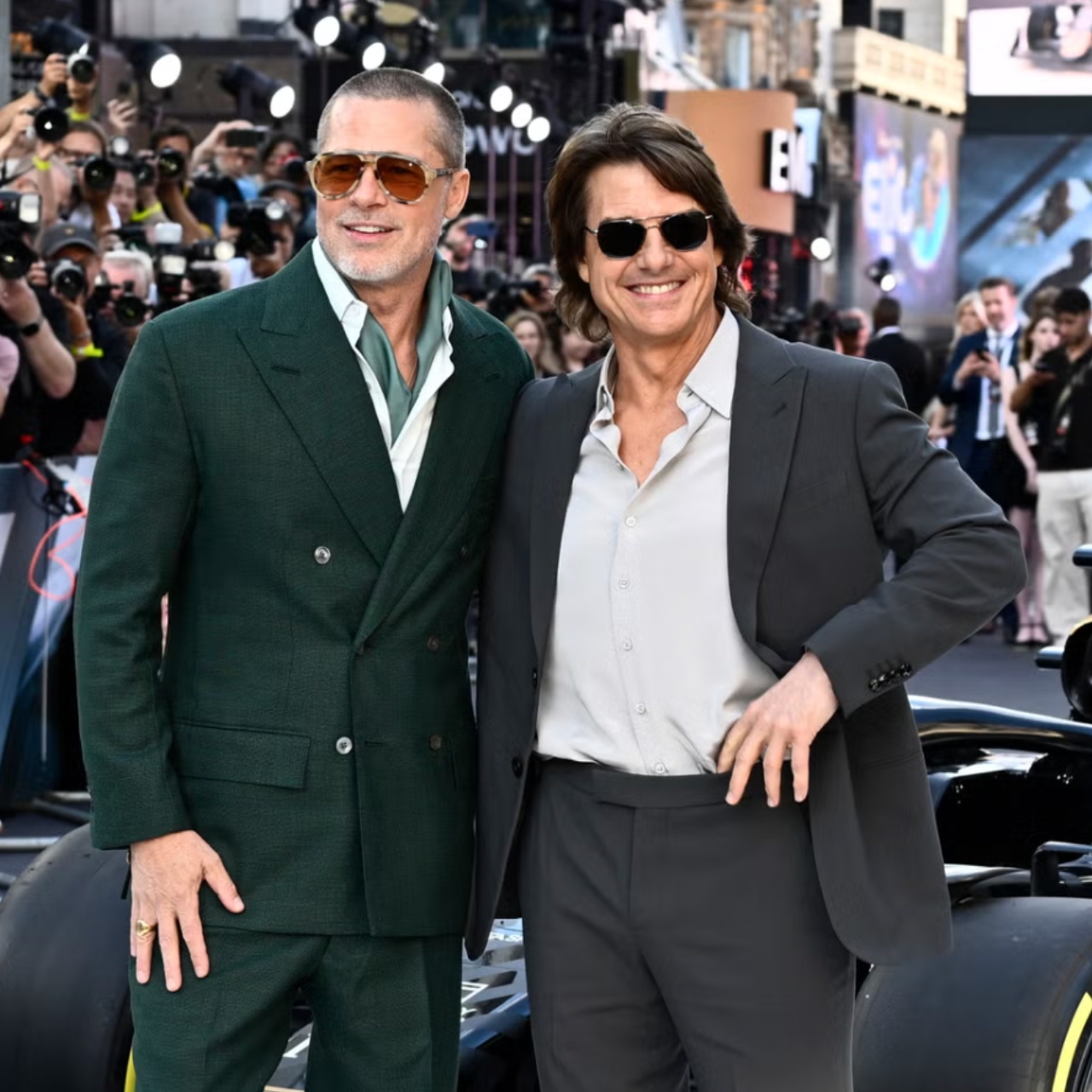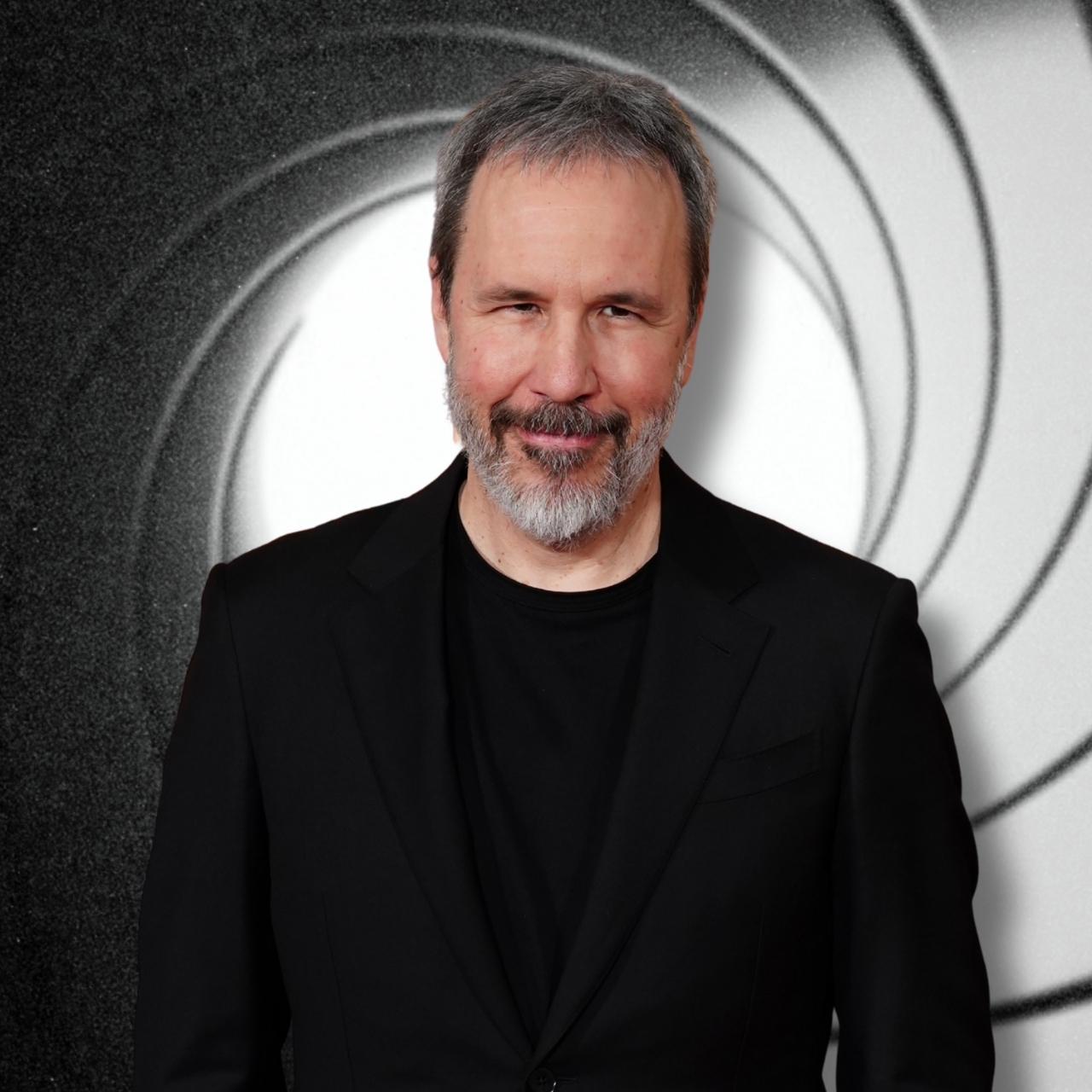On a break from social media, I thought a lot about social media
Leaving the endlessly scrolling bosom of social media, Esquire columnist Jonathan Seidler had a chance to contemplate what it means to discern fact from fiction in a post-fact world.

Jonathan Seidler is an Australian writer. This is his column for Esquire.
LAST WEEK I took a sabbatical from social media. For someone like me, logging off is almost akin to checking into rehab; your close friends and family know where you’ve gone but you’re mostly uncontactable, and the withdrawal symptoms kick in almost immediately. Before you know it, you’re asking other people what’s appearing in their newsfeeds just so you can get a brief contact high. It’s not the first time I’ve done this, either. A couple of years ago, I realised with some dismay that Instagram in particular was playing a starring role in my sadness, around the same time as this cause of existential terror was becoming more obvious to everyone. But like every good fiend, I found my way back into its endlessly scrolling bosom without even realising it had happened. I’d relapsed.
Leaving social media, even for only a few weeks, has more significant consequences for me these days. It’s a key channel for promoting my work, including my books. It’s also how the majority of readers find out about this column. I have a broad spectrum of friends and followers who exclusively use Instagram Messenger or X to communicate with me. For me, there are a million of intertwined reasons to keep that needle hovering close to the vein, and that’s before you even factor in the very current overlay of complex political commentary being mixed into the regular discourse of influencers, memes and misinformation.
As we approach the year 20 AF (After Facebook), we know that a generation of tweaking thumb junkies was not how this was supposed to go. Social media was to be a new utopia; it would democratise the internet by bringing access to all and encouraging a level of bountiful public discourse not seen since the Greek Agora. It was a gorgeous land of restaurant check-ins and breakfast photos, of silly filters, birthday invitations, completely unnecessary relationship statuses and gathering fandoms around popular culture.
Then, you know, bad things happened. These days, it seems like bad things are happening all at once.
I’ve spent close to half of my life plugged into social networks; I now view its early halcyon days with the same rose tint as I do MSN Messenger and ICQ. I was an early adopter of these forms of communication, but I am not ‘native’. The next generation—our kids, nephews and nieces—will come of age with this shape-shifting global language as standard. It will be incumbent upon them to discern fact from fiction in a post-fact world. I do not envy them in the slightest.
As I’ve sat and moped like a banished Leonard DiCaprio in Romeo & Juliet, I’ve had more time than usual to contemplate this idea. I studied history in high school and uni, and remember being put through the ringer for making statements I couldn’t qualify with accurate sources. During my brief few years as a law student, and then as a cadet and eventual working journalist, it was drilled into me time and time again that saying what you feel is not as important as saying what can be understood as fair and true. Editors and fact checkers drew red lines through my purple prose and had no issues sending me back to square one.
All of this has me pondering the concept of social media literacy, both as a tool for my peers and a necessary part of the curriculum for those coming up behind us. Perhaps the only real fact in 2023 is that facts themselves are fast becoming obsolete. While I was frequently rapped over the knuckles for trying to find fast tracks out of hard work, convenient truths are now two taps away in a world where everyone is suddenly a foreign policy expert.
Veteran broadcaster Leigh Sales last week delivered the annual Andrew Olle lecture, in which she made the point that being a journalist means you relinquish the right to become an activist. It’s an interesting thought when you consider our explosive age of citizen-journalism in which activism is essentially part of the job description. As far as I can Google, there are no schools trying to combat this tidal wave of secondary sources that have all but eclipsed the primary ones. We’re justifiably concerned with kids’ digital safety, but I would argue we’ve failed to grasp an equally disturbing problem on the horizon, of being hooked on the sugar high of outrage masquerading as fact; of becoming de facto smartphone journalists who think X videos are even remotely verifiable.
Social media breaks rarely last forever, especially if you work in media, communications, the government (or you’re a raging meme lord). But exiting the maelstrom for a hot minute has reminded me that everything we post and publish now is there for the next generation to inherit. Which is a pretty good reason to stop posting and think a little.
Jonathan Seidler is an Esquire columnist and the author of It’s A Shame About Ray (Allen & Unwin).
Like all proper columns, this one will be back next week. You can see every one of Jonno’s columns for Esquire here.













